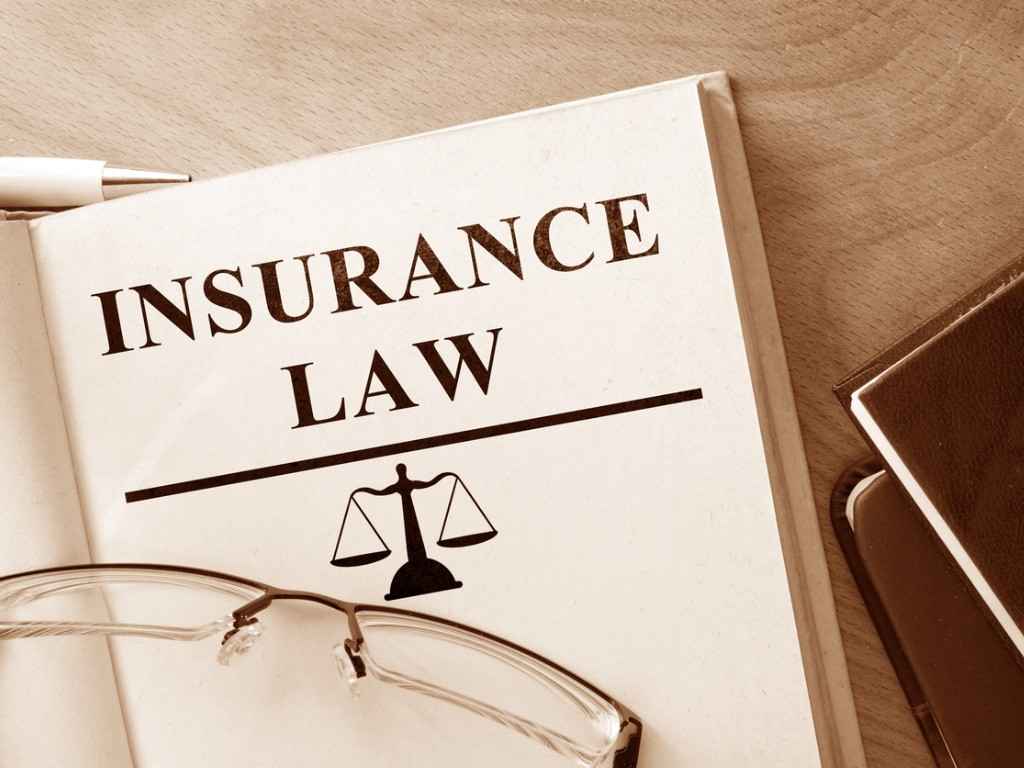Insurance is a legal agreement between an insurer (insurance company) and an insured (individual). Under this agreement, an insured receives financial protection from an insurer for the losses he may suffer under specific circumstances.
Under an insurance policy, the insured pays regular premiums to the insurer. The insurer pays the insured a predetermined sum up to the policy limit if an unfortunate event occurs, like a car accident with injuries or wrongful death.
Seven basic principles should be upheld in insurance: Utmost good faith, insurable interest, proximate cause, indemnity, subrogation, contribution, and loss of minimization.
Here, we discuss what each means and why you should contact a personal injury attorney in Texas when the insurer does not uphold one or more of these principles.
Breaking Down the Seven Principles of Insurance Policies
The seven principles of insurance policies/contracts include:
- Principle of Utmost Good Faith
Policyholders must truthfully disclose all the information related to the risk to the insurance company. They must not hide any facts that can affect the policy from the insurer. If a point is disclosed later, the policy can be canceled. On the other hand, the insurer must also disclose all the features of a policy.
- Principle of Insurable Interest
Policyholders must have an insurable interest. They will suffer financially if an accident, injuries, or fatalities result from a crash, premises liability accident, or another incident caused by negligence.
- Principle of Proximate Cause
When calculating the loss claim, the proximate cause, i.e., the closest cause and the main reason for the loss, should be considered.
- Principle of Subrogation
This principle comes into play when a loss occurs due to another person/ponent, not the insured. In such a case, the insurance company has a legal right to reach that party for recovery.
- Principle of Indemnity
The principle of indemnity states that insurance will only cover you for the loss that has happened. The insurer will thoroughly inspect and calculate the losses. The main motive of this principle is to put you in the same financial position as you were before the loss.
- Principle of Contribution
If a policyholder has taken insurance from more than one insurer, both insurers will share the loss in the proportion of their respective coverage. If one insurance company has paid in full, it can approach other insurance companies to receive a proportionate amount.1
- Principle of Loss Minimization
Policyholders must take all the necessary steps to limit the loss when it happens and take all the required precautions to prevent it even after purchasing the insurance.
If the Insurance Company Isn’t Upholding My Policy Requirements, Do I Need to Contact a Personal Injury Attorney?
If you find yourself in a situation where your insurance company isn’t upholding the terms of your policy or the terms of an at-fault party’s policy—especially in the context of a personal injury claim—consulting with a personal injury attorney should be your next step. Remember that insurance companies are not your friend. They routinely delay, deny and reduce compensation.
You do not have to take the insurance company’s word for what the policy covers or what your claim is worth. We can help by reviewing the policy to determine the extent of the coverage and whether the insurance company is obligated to fulfill its commitments.
Next, our Texas personal injury lawyers will:
- Advocate for your rights and ensure the insurance company fulfills its obligations under the policy.
- Negotiate on your behalf to maximize your compensation and reach a fair settlement.
If negotiations fail to yield a satisfactory outcome, we will represent your best interests in court and handle all aspects of the litigation process, including filing, gathering evidence, and presenting your case before a judge or jury.
Contact Our Accident and Injury Attorneys Today
If you have been injured or lost a loved one in a negligence-caused accident and are receiving resistance from the insurance company, our experienced personal injury attorneys can guide you through the legal process without delay. Call our skilled accident and injury attorneys at (512) 883-0277 or contact us online today to schedule a free consultation.
We pursue dedicated, driven results for our clients, and there is never a charge to talk to an attorney. We stand ready to help you.






